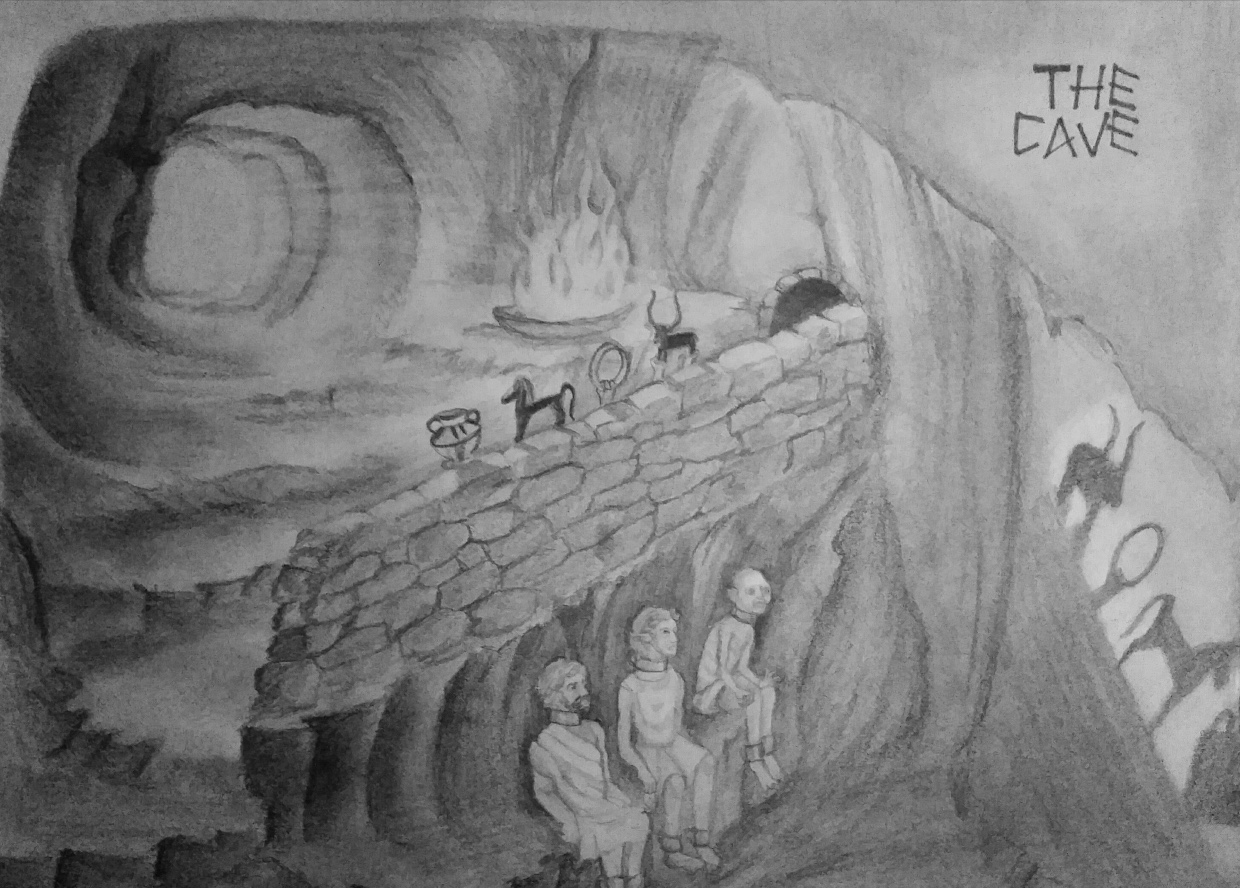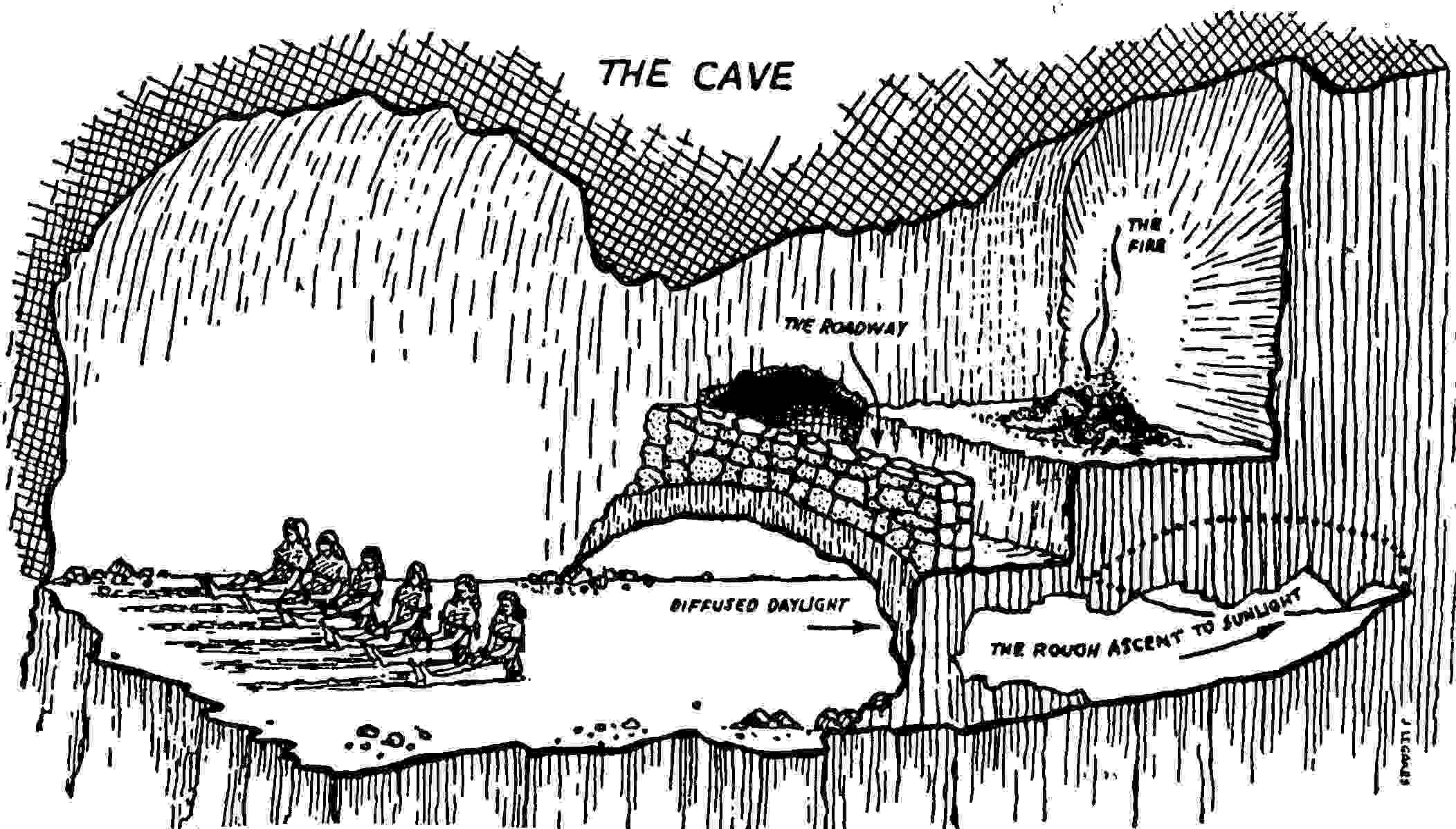

As the philosopher Leo Strauss once said, “Because one cannot see the mountaintop because it is covered by clouds does not mean that one is not able to make judgements between a mountain and a molehill”.

Perhaps our understanding of reason or our interpretation of what reason is is flawed in some way. All claims and counterclaims in Theory of Knowledge rest on these two most powerful assertions and one must explore the nature of reason as a way of knowing in order to see and to understand how the outcomes of reason have manifested themselves in the technological world-view. The objection that is made against reason is not that of skepticism, a view that has always been present from thinking’s beginnings, but the positive or dogmatic assertion that reason is incapable of finding permanent, non-arbitrary principles. The modern technological world-view is the most radical denial of this possibility and of the essence of human freedom. Philosophy or thinking, in all its various forms in the past, always supposed that by unaided reason human beings are somehow capable of getting beyond the given and finding a non-arbitrary standard against which to measure that given and that this possibility constitutes the essence of human freedom and the essence of what human beings are. Socrates’ assertion that he only knows that he is ignorant reveals that he has attained such a standpoint, one from which he can see that what others take to be knowledge is only opinion, opinion determined by the necessities of life in the cave. Education is a liberation from these bonds, the ascent to a standpoint from which the cave and its interpretation of what knowledge is can be seen for what it is. How we have come to understand our “personal knowledge” is also a product or outcome of this shared knowledge that we have inherited.

We are the products of our “shared knowledge”. All human beings begin, and most human beings end, as prisoners of the authoritative opinions of their time and place. The Platonic image of the cave describes our essential human condition or situation. In Bk VI, Socrates has spoken about societies (cities, organizations) as being “a Great Beast”, and his task is to show how someone can gain freedom from this Beast.

Polemarchus will be killed during that rule. The speakers, who are talking about the best regime in speech, are about to endure the worst regime in deed as the rule of the Thirty Tyrants is about to take place in Athens. The dialogue occurs in the home of Cephalus, an old man, whose son Polemarchus is also present, but does not take part in the conversation after BK. Both Adiemantus and Glaucon are Plato’s brothers, so it would appear that Plato is concerned about looking after his “kin” or his “own” in this dialogue. The allegory of the Cave occurs at the beginning of Bk.
PLATO THE CAVE HOW TO
COVID-19 Portal While this global health crisis continues to evolve, it can be useful to look to past pandemics to better understand how to respond today.Student Portal Britannica is the ultimate student resource for key school subjects like history, government, literature, and more.From tech to household and wellness products. This Time in History In these videos, find out what happened this month (or any month!) in history.#WTFact Videos In #WTFact Britannica shares some of the most bizarre facts we can find.Demystified Videos In Demystified, Britannica has all the answers to your burning questions.Britannica Explains In these videos, Britannica explains a variety of topics and answers frequently asked questions.Britannica Classics Check out these retro videos from Encyclopedia Britannica’s archives.


 0 kommentar(er)
0 kommentar(er)
